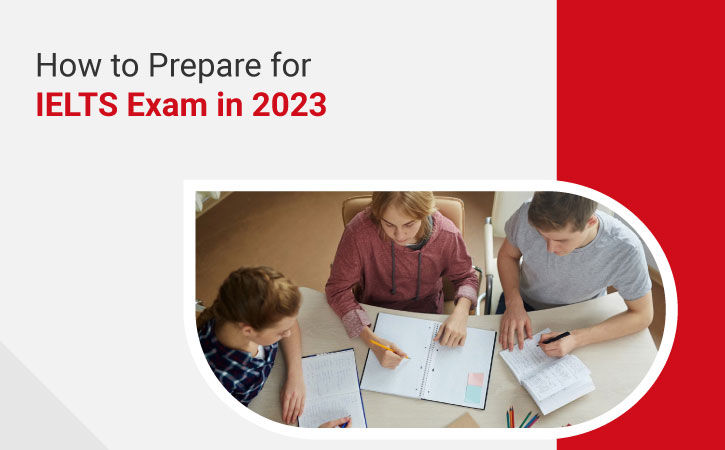

Often people get skeptical about the difference between Listening and Hearing. While listening is an act of hearing a sound and understanding what you hear, Hearing refers to perceiving sound and receiving sound waves through your ear. Thus, Listening is a broader term in a way that it requires concentration so that you understand the content of the sound. IELTS Listening test determines your understanding capacity and can be demanding once in a while as the audios are played only once for all sections. One needs to know the IELTS exam pattern and the IELTS syllabus before starting to prepare for the exam.
The listening test on IELTS Practice Test is about listening to audios and answering questions of several types. To begin with, the Listening Test is common for both Academic and General. The test lasts for 40 minutes. There are two modes of taking the IELTS Test- Paper- Pen based and Computer-based. In the Paper-Pen based Test, you are allotted with 10 minutes extra so that you can transfer the answers in the answer- sheet, however, on the computer-based test, you have to listen to the audio and answer simultaneously. This means that the duration of the audio recording is 30 minutes.
Also, the listening section of the IELTS Mock Test includes 4 subsections. You will listen to 4 different audios with two Monologue audios and two Conversation. All audios are inclusive of different time duration.
The types of audio one will come across are
The Listening Test consists of different types of questions. These questions demand you to answer as per the word limit set for the question type. Also, the rate of speech increases with each section. So, it is important to know the strategies used for a particular question
TIPS: Tracking the speaker can be helpful.
For instance, write no more than one/two words and/or a number- you can write the answer in one word or two words or a combination of one/two words with a number or just a number.
TIPS: Read the instructions meticulously.
IELTS Coaching will help you learn more about answering questions in an effective and precise way. The mentors because of their experience would give you the best recommendations for practice. This can help you increase your score on the test.
When you will appear for the practice test, the mentors can guide you better on getting more accurate answers by giving feedback highlighting your area of competence.
On the other hand, IELTS Mock tests will help you increase your concentration on the audio by making you come across the challenges you may face on the actual test.

How to Prepare for IELTS Exam in 2023?